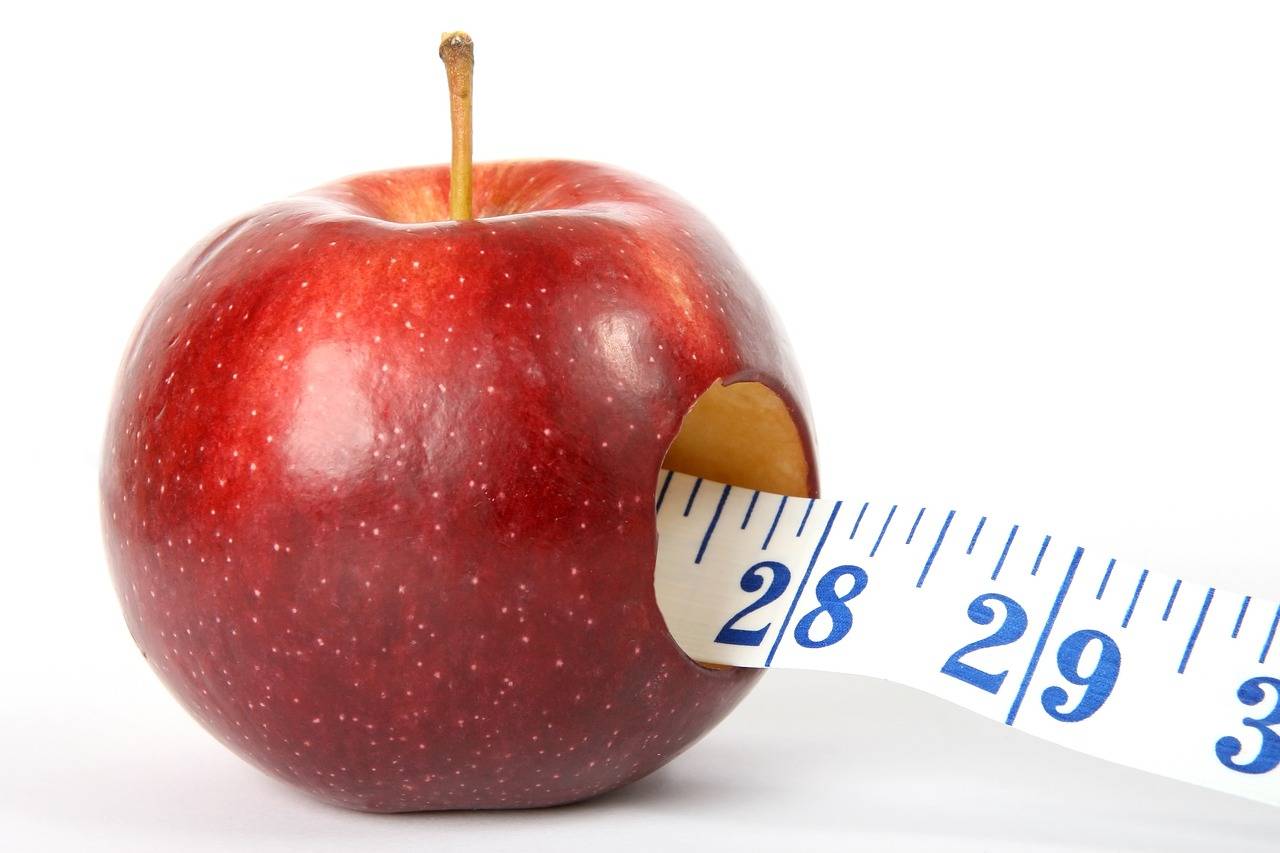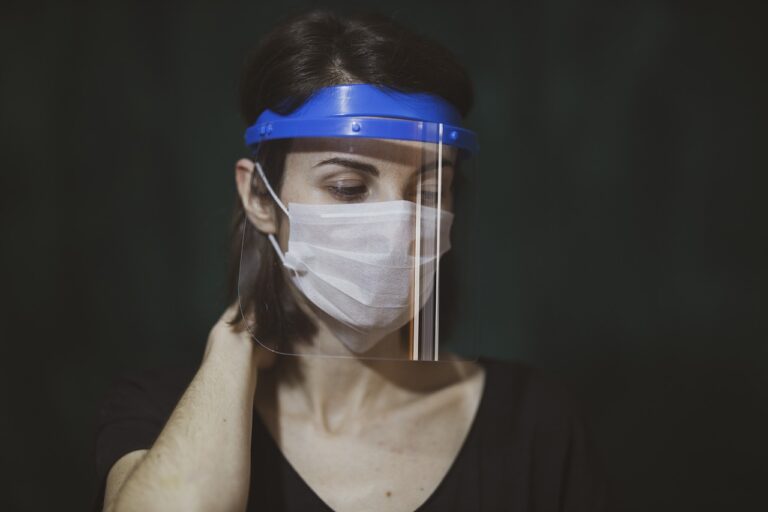The Role of Hormonal Birth Control in Women’s Health
When it comes to contraception, hormonal birth control is a popular choice among women worldwide. This method involves using synthetic hormones to prevent pregnancy by inhibiting ovulation, thickening cervical mucus to prevent sperm from reaching the egg, and thinning the lining of the uterus to discourage implantation of a fertilized egg.
There are various forms of hormonal birth control available, including birth control pills, patches, injections, implants, and hormonal intrauterine devices (IUDs). Each of these methods offers different levels of effectiveness, convenience, and potential side effects, allowing women to choose the option that best suits their lifestyle and health needs.
Benefits of Hormonal Birth Control for Women
Hormonal birth control methods offer women multiple benefits besides preventing pregnancy. One advantage is the regulation of menstrual cycles, providing predictability and relief from irregular or heavy periods. This can lead to improved quality of life by reducing symptoms like cramping and bloating.
Furthermore, hormonal birth control can help manage hormonal imbalances that may cause issues such as acne, hirsutism, or premenstrual syndrome. By stabilizing hormone levels, these contraceptives can alleviate these symptoms and promote clearer skin and overall well-being for many women.
What is hormonal birth control?
Hormonal birth control refers to methods of preventing pregnancy that use hormones to alter a woman’s menstrual cycle.
What are some common types of hormonal birth control?
Common types of hormonal birth control include birth control pills, patches, injections, and hormonal IUDs.
How does hormonal birth control work?
Hormonal birth control works by either preventing ovulation, thickening cervical mucus to prevent sperm from reaching an egg, or thinning the lining of the uterus to prevent implantation of a fertilized egg.
What are some benefits of using hormonal birth control?
Some benefits of hormonal birth control include more regular and lighter periods, reduced cramps and PMS symptoms, decreased risk of certain cancers, and improved acne.
Are there any potential side effects of hormonal birth control?
Yes, potential side effects of hormonal birth control can include nausea, headaches, breast tenderness, weight gain, and mood changes. It’s important to talk to a healthcare provider about any concerns.
Is hormonal birth control effective at preventing pregnancy?
When used correctly, hormonal birth control is highly effective at preventing pregnancy. However, it’s important to follow the instructions provided by a healthcare provider.





